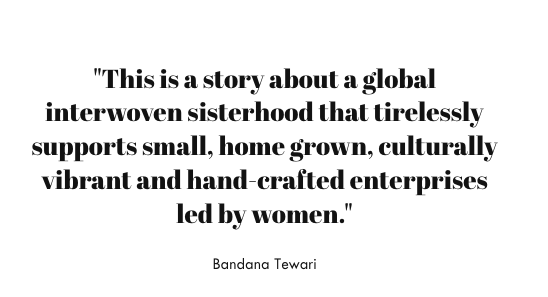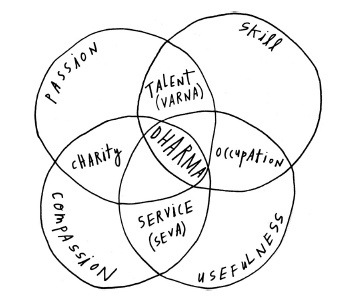What is going to be your legacy?
As we wrap up this month’s theme, we have come to the last article regarding Purpose. Now let’s focus on what impact your purpose will have once you’re gone. I know it’s a dark subject and some might not want to look that far ahead. But have you asked yourself what you will leave behind once you pass away? What will be your legacy? Life is fleeting and before you know it, your time is up. In Islam, we have something called Sadaqah Jariyah which loosely translates to ongoing charity. By engaging in this type of charity, you will be encouraged to think about your legacy.
What’s your legacy?
When we consider the day-to-day activities. Earning money, buying products, finding new hobbies, and spending time with family and friends. We think it all means something and it does to some extent because we need that now, but imagine 20 years after you’ve passed away. Will someone really remember all the money you’ve spent? Well, it depends on how you spend it.
Impact of your purpose
The impact of your purpose will be transparent once you talk to someone after a while. Look at people who win awards and their favorite elementary or high school teacher surprises them with a lovely speech. No matter how famous that person is, they end up in tears because that teacher has played a crucial role in their growth. In the end, people will remember how you made them feel.
What will you leave behind?
Now let’s consider helping people you don’t know and having them benefit from it for years to come. The best example of Sadaqah Jariyah is planting a tree. You might not see that tree grow fully in your lifetime. But your children and their children will reap the benefits from that tree, hence produce to survive for years. Another example is gaining and then sharing knowledge. Because if someone has benefited from that knowledge and they go ahead and teach it to someone else, you will also be rewarded.
Source image: Unsplash Eyoel Kahssay
What is going to be your legacy? Read More »








